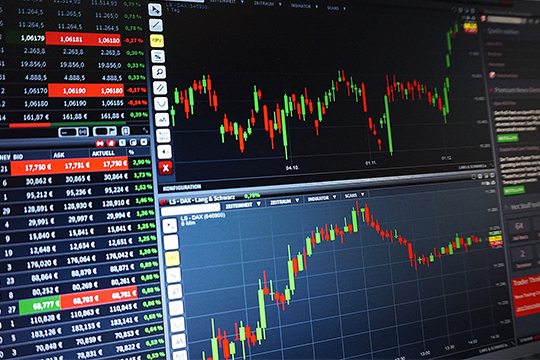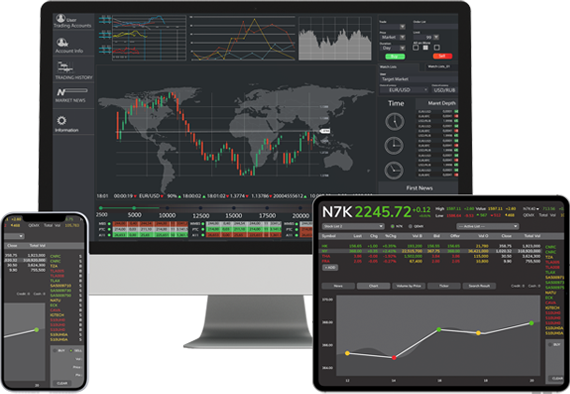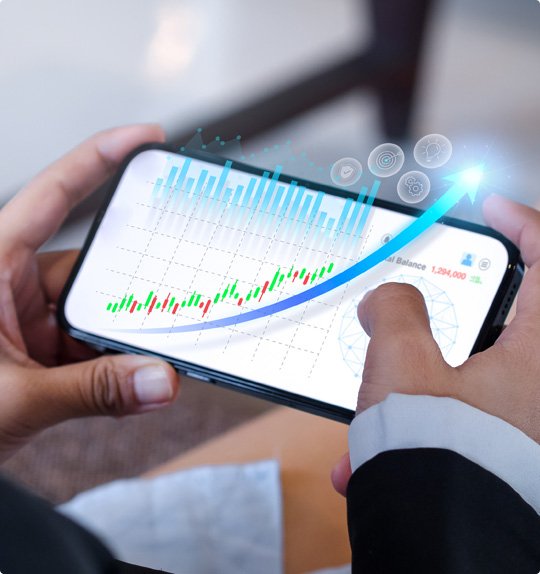Forex

Forex Trading
Forex, also known as foreign exchange or FX trading, is the conversion of one currency into another. It is one of the most actively traded markets in the world, with an average daily trading volume of $5 trillion. Take a closer look at everything you’ll need to know about forex, including what it is, how you trade it and how leverage in forex works.
As the world’s most-traded financial market, foreign exchange presents a wealth of opportunities for those who can harness its inherent volatility. Open a forex trading account and use our award-winning platforms to take advantage of movements in currency prices.
Why You Should Trade Forex With Us
 Get An Edge 01
Get An Edge 01
 Friendly Support02
Friendly Support02
 Identify Opportunities 03
Identify Opportunities 03
 Peace Of Mind 04
Peace Of Mind 04
 Very Easy To Start 05
Very Easy To Start 05
 Multilingual Support 06
Multilingual Support 06
What Is Forex Trading?
Forex trading is the buying and selling of currencies on the foreign exchange market with the aim of making a profit. Forex is the world’s most-traded financial market, with transactions worth trillions of dollars taking place every day.
Fast execution on a huge range of markets Enjoy flexible access to more than 17,000 global markets, with reliable execution
Trade on the move with our natively designed, award-winning trading platform.
Feel secure with a trusted provider. Stream Trade FX is a member of world trading organization which has over 15 years of experience before starting our own.


As largest financial instruments OTC market in the world
The international FOREX market is by far the largest financial instruments OTC market in the world. According to the Bank of International Settlements data BIS, www.bis.org, global FOREX turnover climbed to 5.3 trillion USD per day in 2013 from 4.0 trillion USD in 2010. This 35% rise even outpaced the 20% rise from 2007 to 2010! It is worth noting that spot was the largest contributor to turnover growth, accounting for 41% of the turnover rise. At 2.05 trillion USD per day, SPOT trading almost reached the same volume as FOREX swaps (2.23 trillion USD) and accounts for 39% of total FOREX turnover.
Obviously, the main part of foreign exchange transactions volume is carried out by large participants of the forex market: central banks, credit institutions, investment banks, hedge funds, asset managers, transnational corporations etc., who perform foreign exchange transactions either for speculative purposes or for hedging against exchange rate risks.
In the last decades, the dynamics of forex rates fluctuations have been greatly influenced by such factors as large international mergers and acquisitions (M&A), which generate significant cash flows.
Nevertheless, today, in the age of modern information technologies and information flows, retail clients play an increasingly important role and gain a larger share of financial and capital markets, asserting themselves as quite aggressive and serious market participants.


